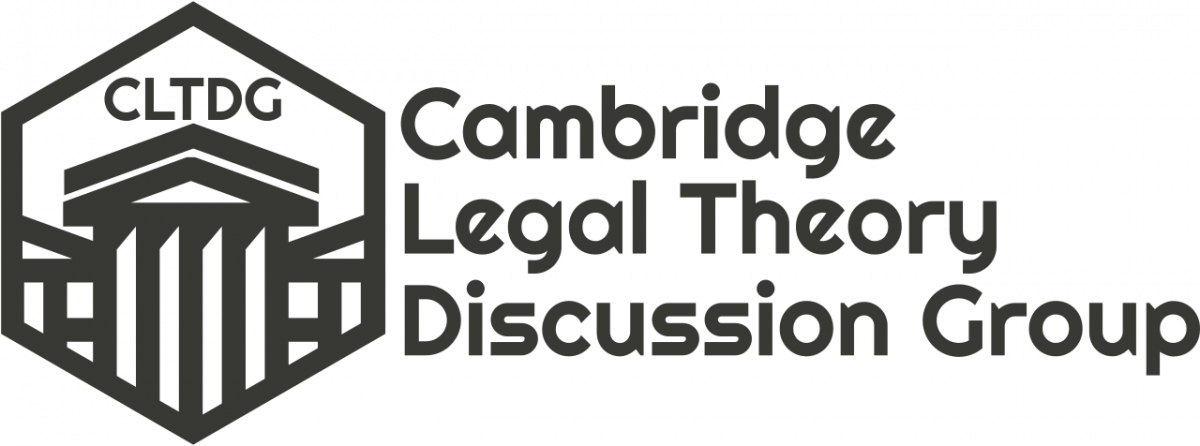 Cecile Degiovanni (Oxford) “The Puzzles of Negative Incompetence”
Cecile Degiovanni (Oxford) “The Puzzles of Negative Incompetence”
Cécile Degiovanni (Oxford) will be presenting her paper "The Puzzles of Negative Incompetence (and What They Tell Us about Democracy and Human Rights)" for discussion, with a response to be given by Brigitte Leal (Cambridge).
The Zoom link: https://bit.ly/cltdgeaster3
The Paper: https://bit.ly/degiovannipaper
Paper Abstract
In many democracies, negative incompetence (NI) is prohibited. Parliaments must make full use of their powers: they cannot, out of omission, indeterminacy or explicit delegation, delegate them to other institutions. This prohibition is often justified on democratic grounds and applies particularly in the realm of human right. But this raises at least three puzzles. First, why would Parliaments not make full use of their powers? Section 1 considers several possible motivations. Second, how can it be democratically justified to prevent the representatives of the people from doing what they want with their powers? Section 2 shows how NI, at least in certain constitutional contexts, amounts in fact to a form of positive incompetence (PI) and is thus as democratically condemnable as other PI. The third puzzle concerns democracies which both prohibit NI and allow for a strong or supranational judicial review. Why do they require legislators to have the first word, if they are not to have the last one anyway? Section 3 suggests that these two features make most sense together if we attribute to these democracies a somewhat Aquinian understanding of human rights law. Throughout sections 2 and 3, I adopt a Dworkinian interpretive approach and try to offer an interpretation of basic principles that puts the whole system “in its best light”. This interpretive stage can then give way to a “post-interpretive” stage: how should institutional practices evolve to best match the interpretation just offered? Section 4 suggests three possible adjustments.
You can follow us on Twitter: https://bit.ly/cambridgeltdg or check out our web-page: https://bit.ly/cltdgweb
Subscribe to our mailing-list for getting regular updates and session materials: https://bit.ly/cltdgmaillist

 Facebook
Facebook  X/Twitter
X/Twitter  Instagram
Instagram  YouTube
YouTube  Flickr
Flickr  LinkedIn
LinkedIn